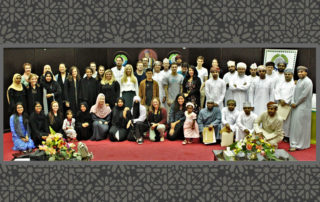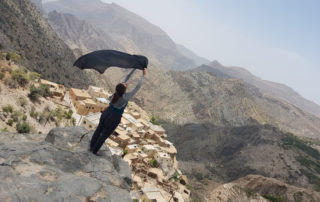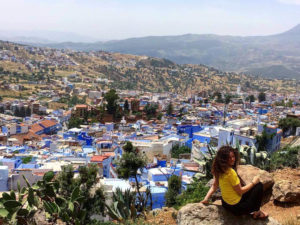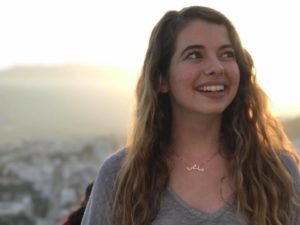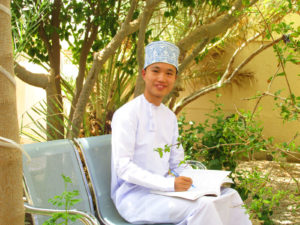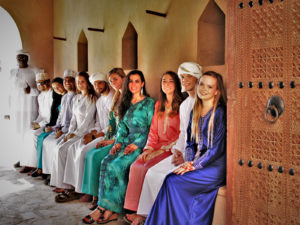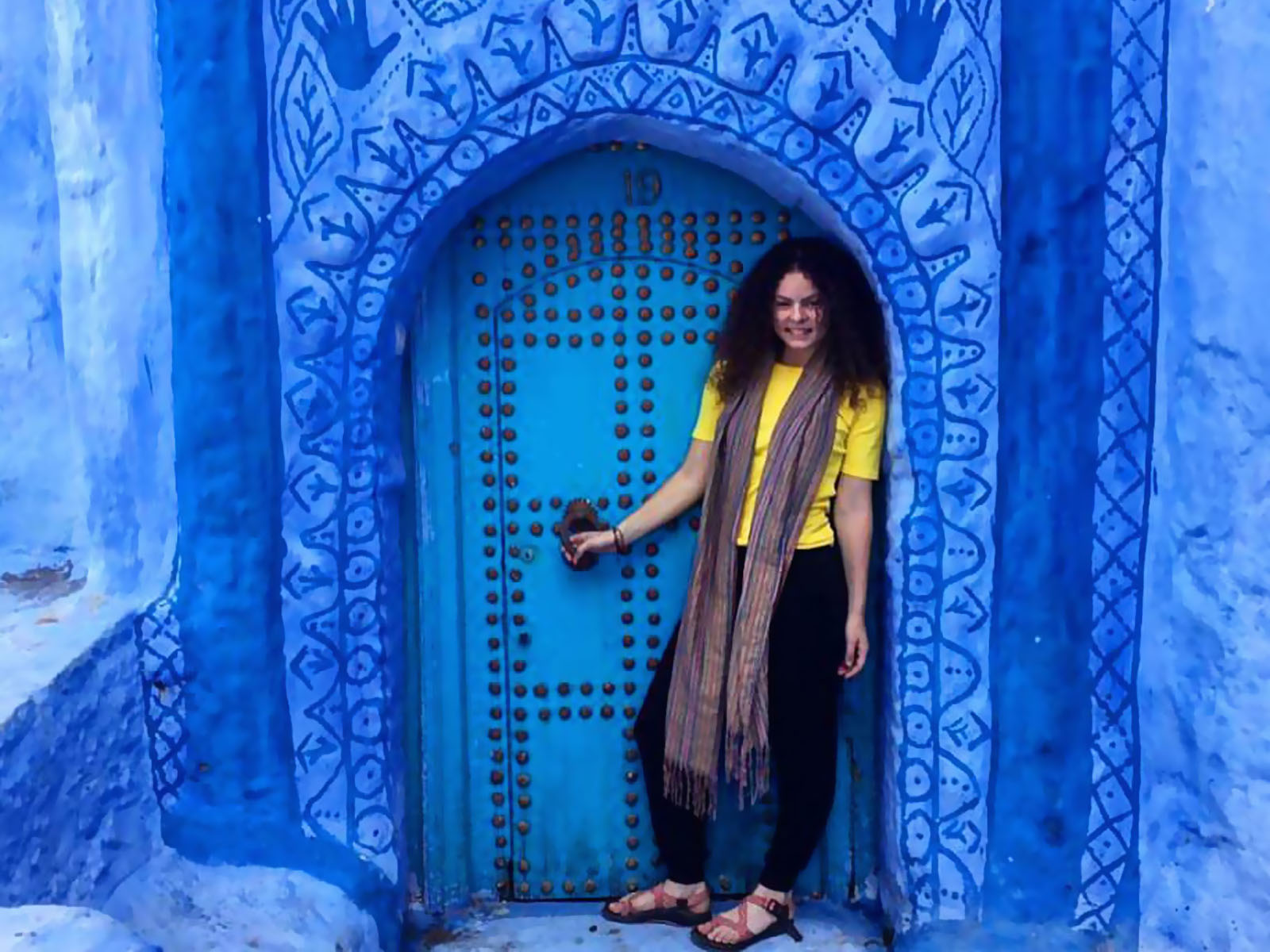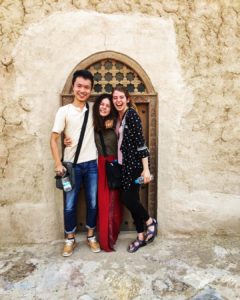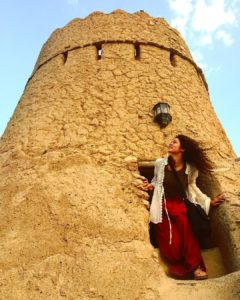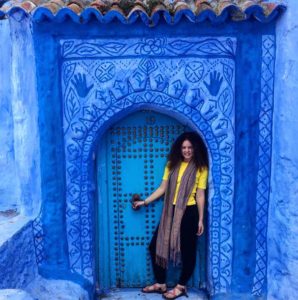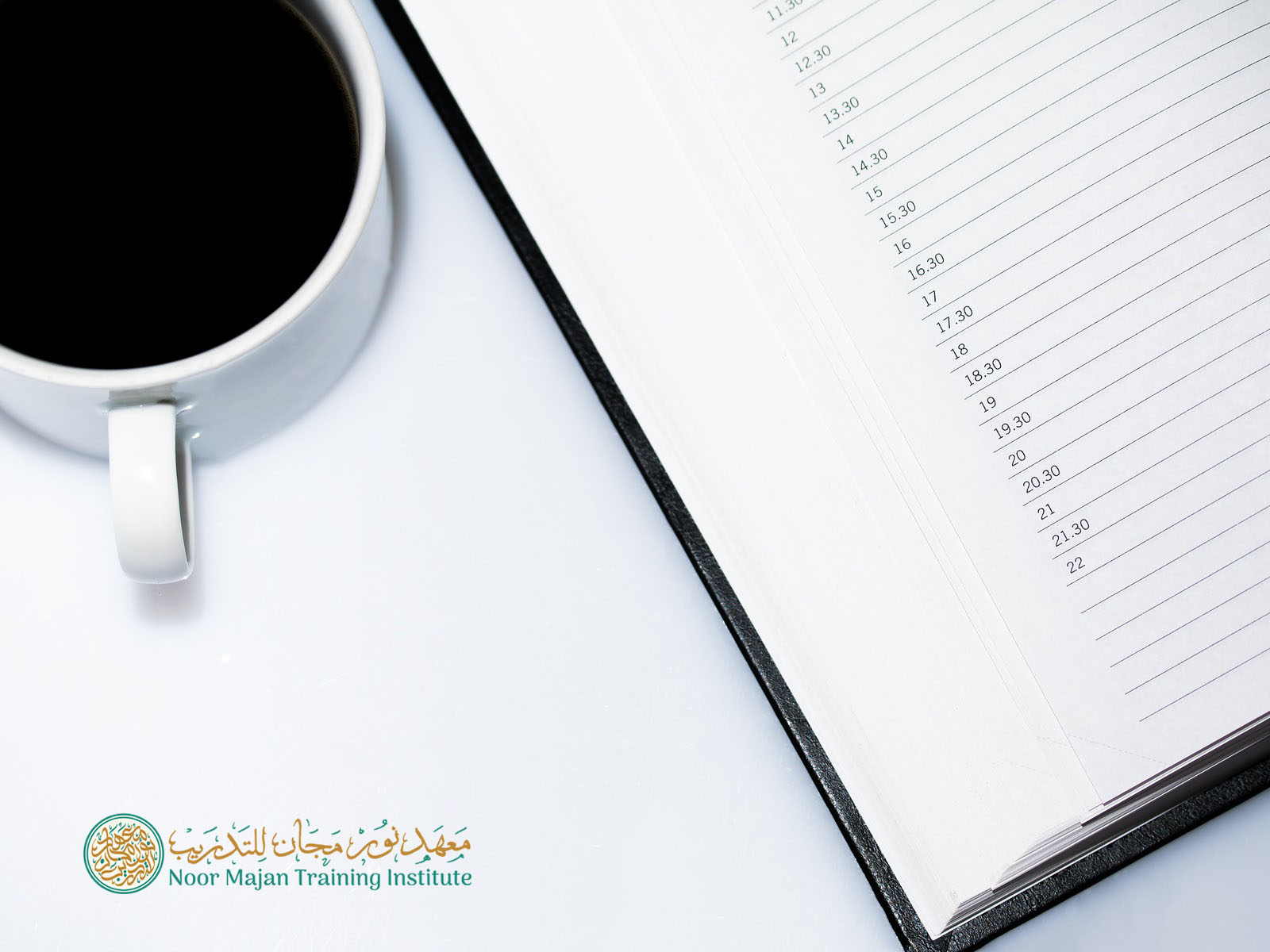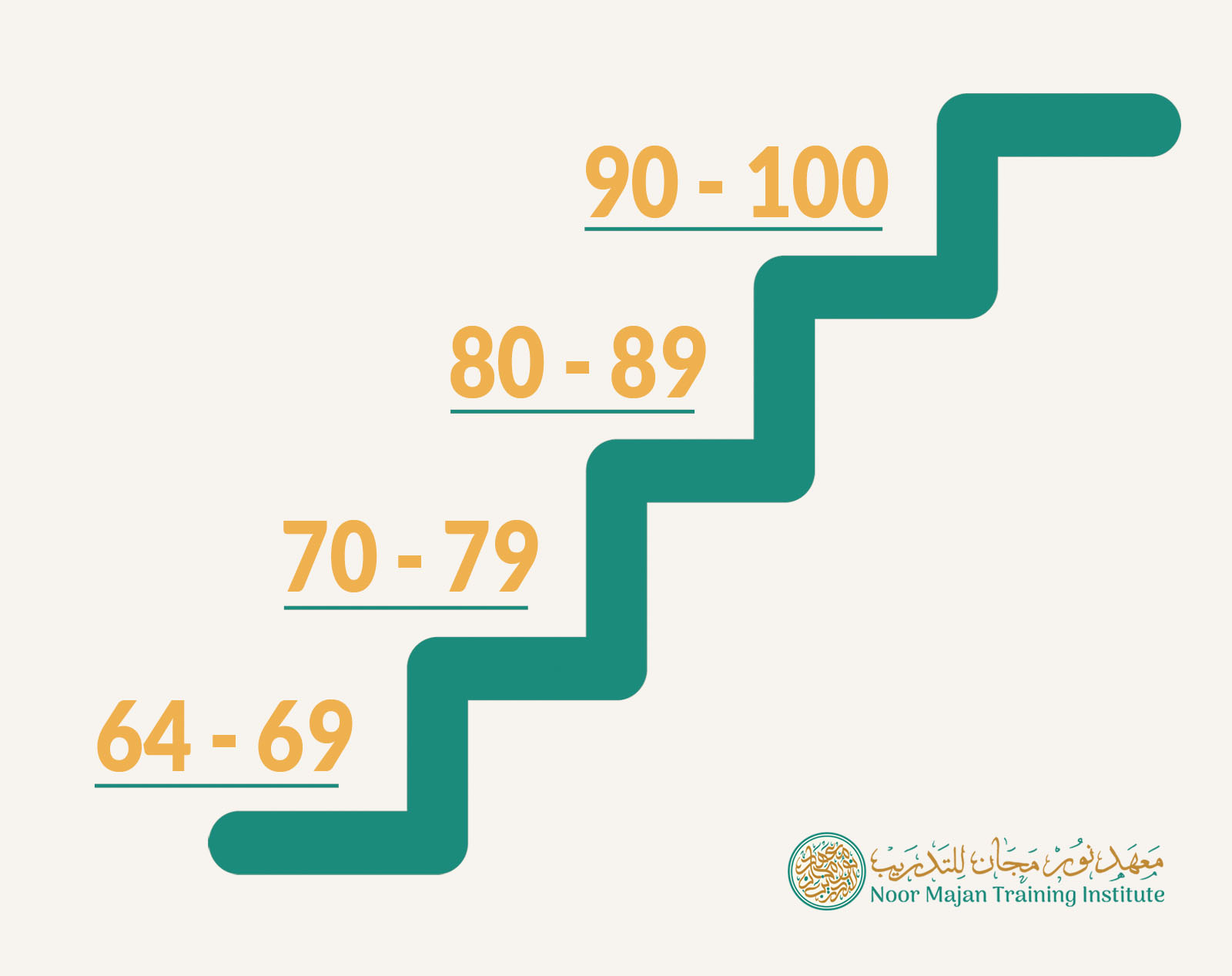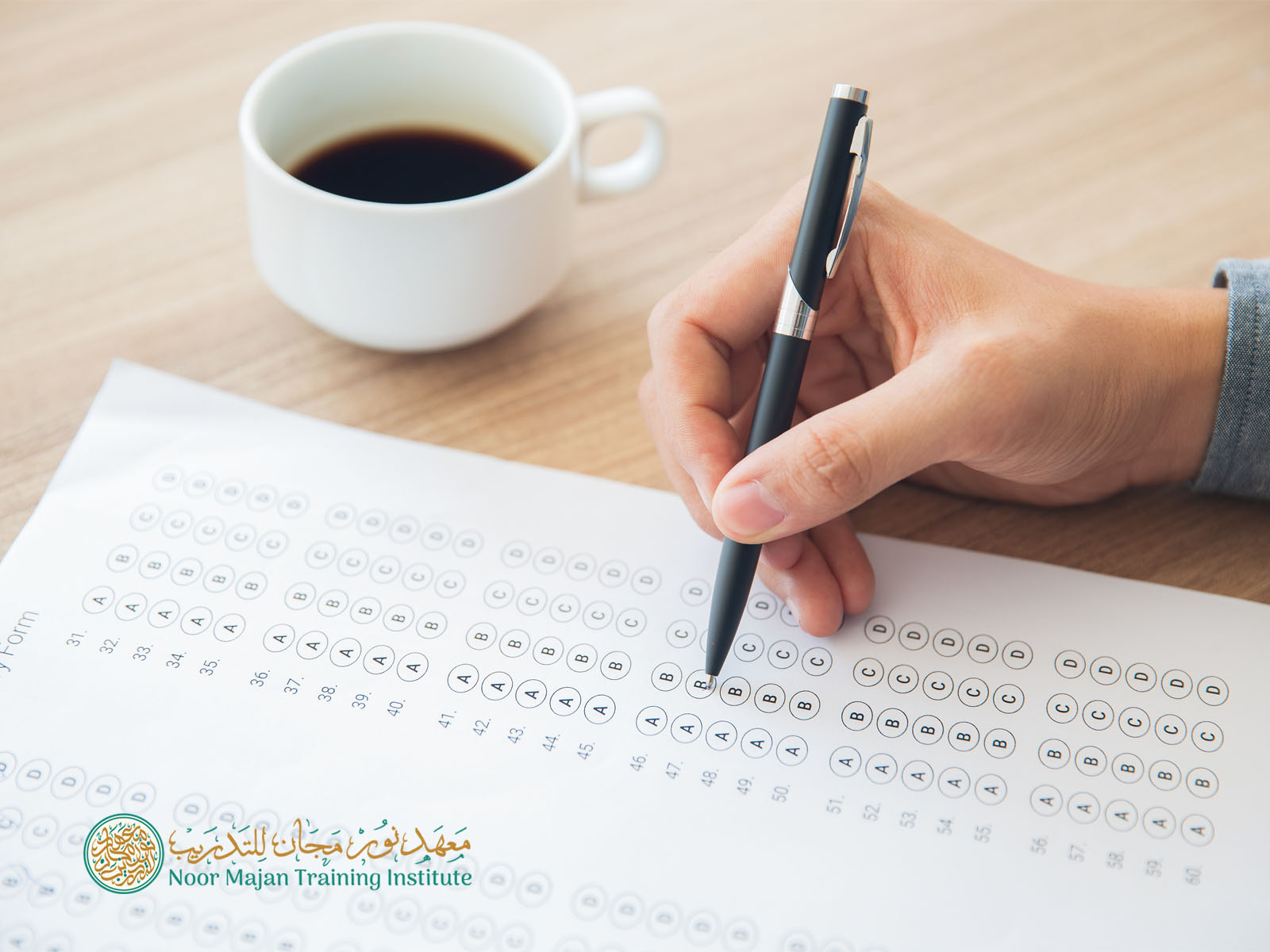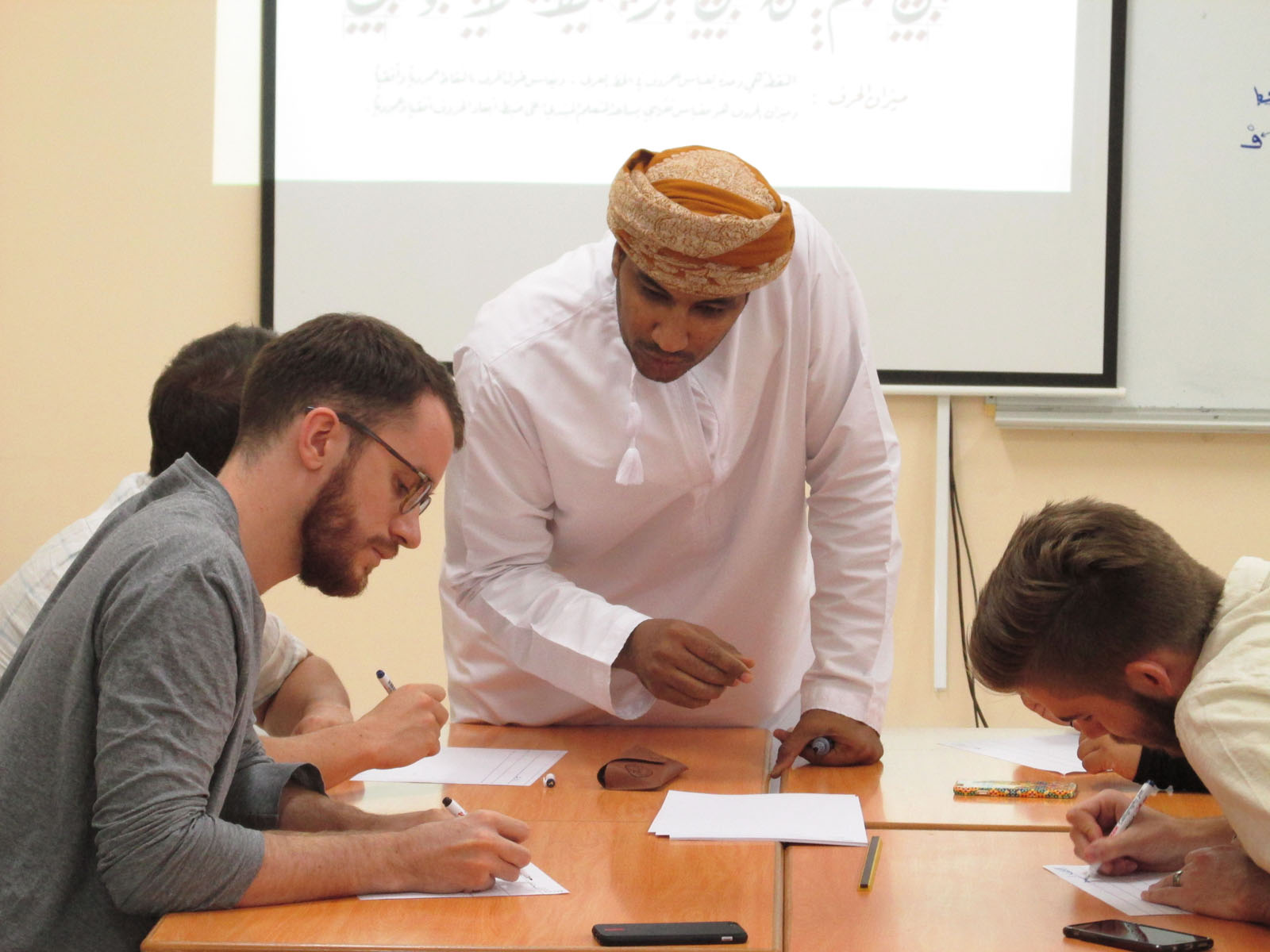Arabic for Professionals
At Noor Majan Arabic Institute we’re proud to serve the local community by offering afternoon and evening courses for Muscat residents that prepare them to immerse themselves into Omani society and learn the basics of Arabic speaking and grammar or help those with previous knowledge of teh language attain a higher proficiency level. The course timings are suitable for working professionals.


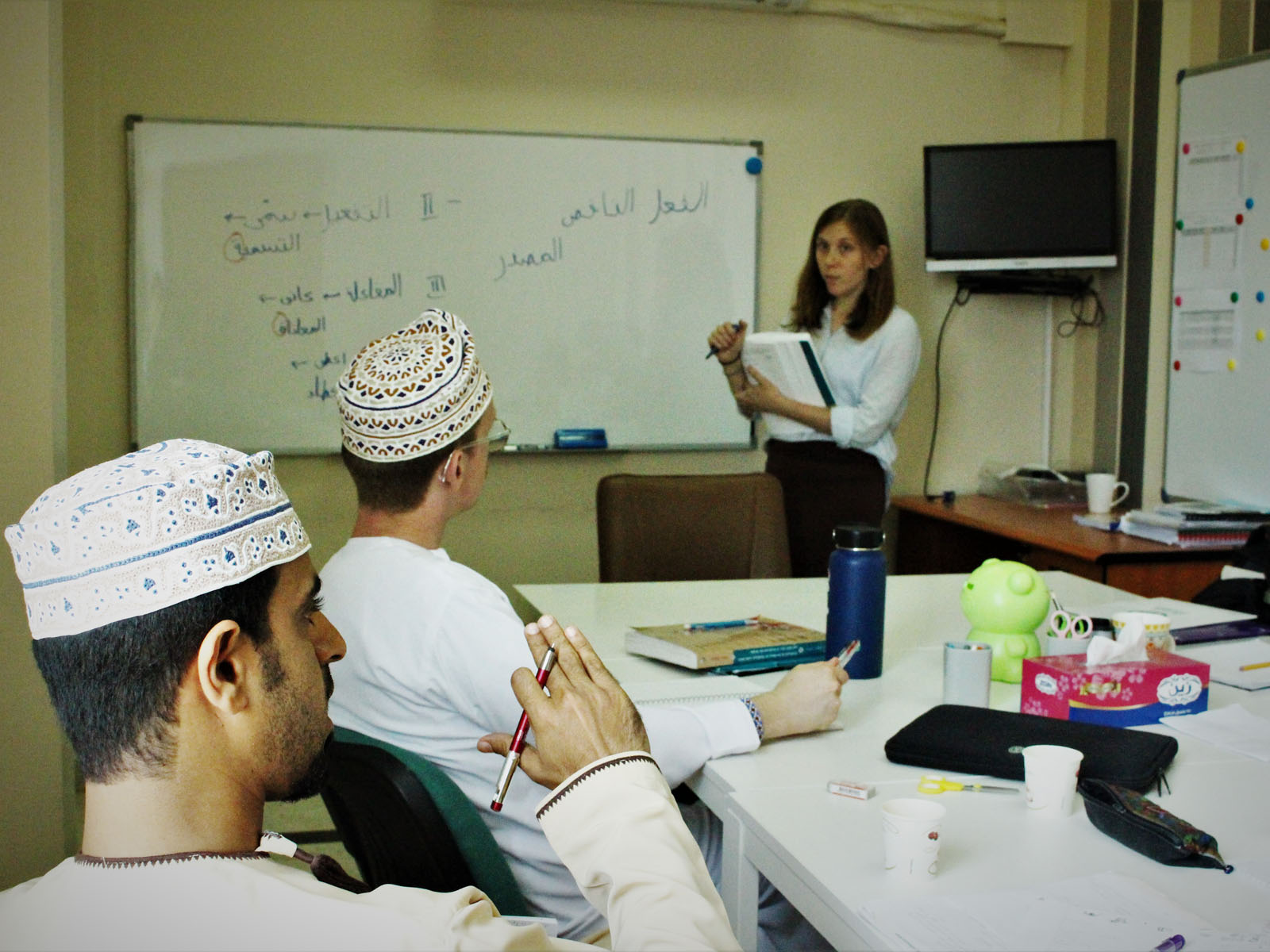
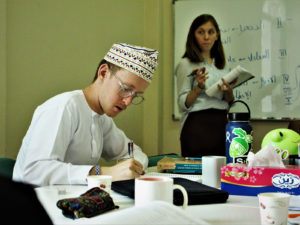 The intensive Arabic program is designed to rapidly develop a student’s language abilities by enabling them to engage with Arabic speakers confidently.
The intensive Arabic program is designed to rapidly develop a student’s language abilities by enabling them to engage with Arabic speakers confidently.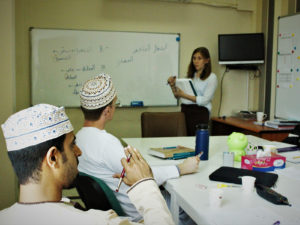 Noor Majan offers intensive Arabic language courses on one-month and two-month cycles. Our scheduling is designed to accommodate the needs and time constraints of university students and professionals alike while providing the maximum number of hours to meet language acquisition goals. The continuous nature of Noor Majan’s programs enables students to enter at any point during the year and study for as short as a month or for as long as a year.
Noor Majan offers intensive Arabic language courses on one-month and two-month cycles. Our scheduling is designed to accommodate the needs and time constraints of university students and professionals alike while providing the maximum number of hours to meet language acquisition goals. The continuous nature of Noor Majan’s programs enables students to enter at any point during the year and study for as short as a month or for as long as a year.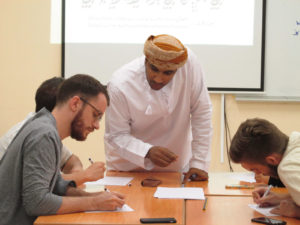
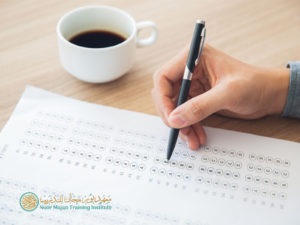
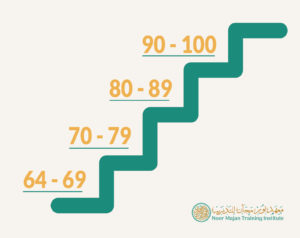
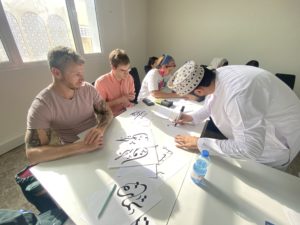
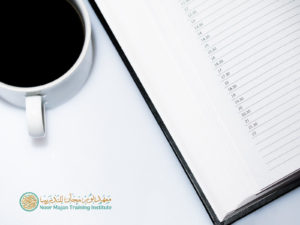 Language Partners
Language Partners